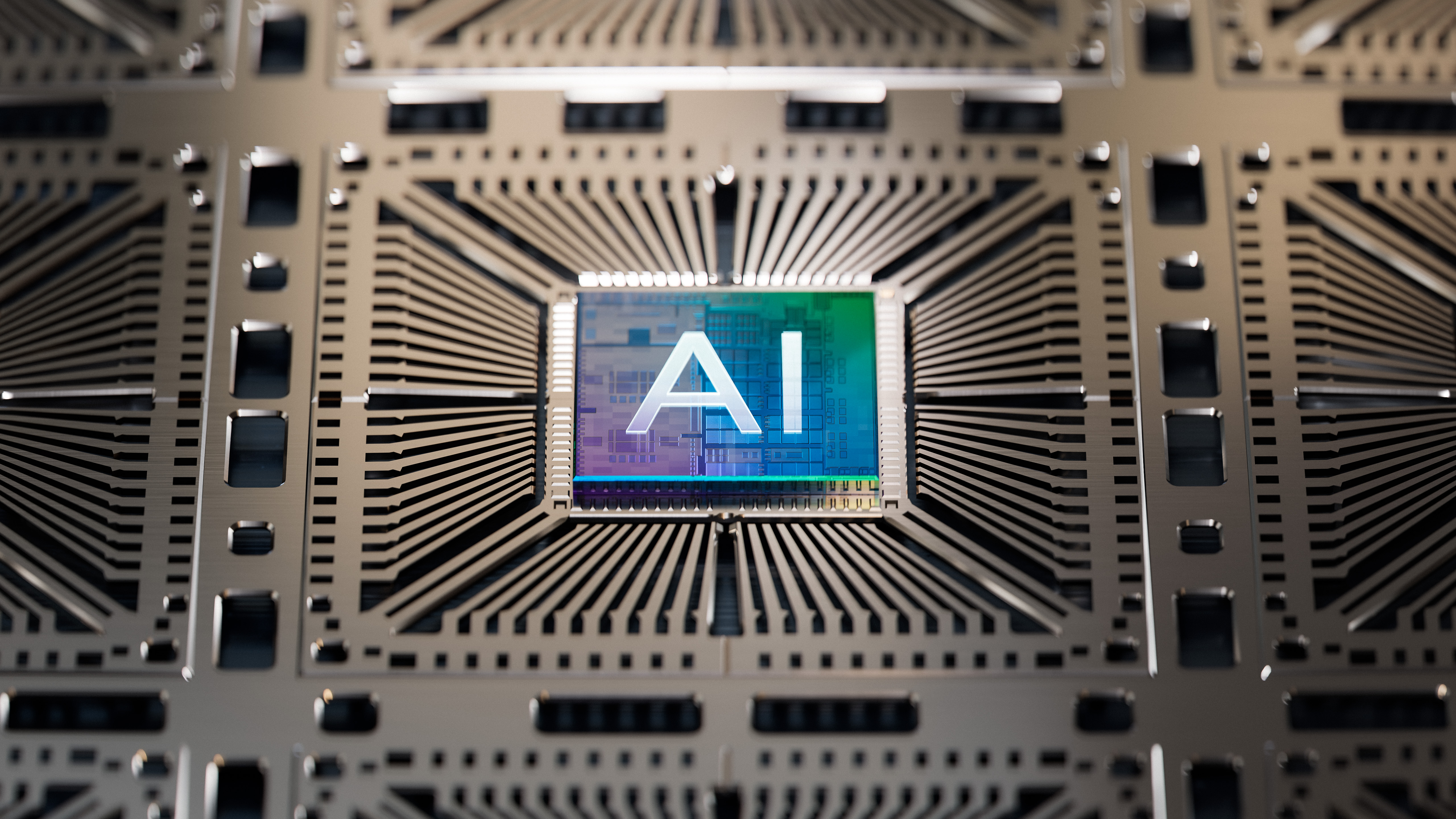
Investment
The Motley Fool
5 Top Tech Stocks to Buy in July
Why This Matters
Artificial intelligence (AI) is ving to be the next big nology innovation, and investors don't have to look far to find the companies at the center of it. Some of...
July 6, 2025
07:15 AM
5 min read
AI Enhanced
Positive
FinancialBooklet Analysis
AI-powered insights based on this specific article
Key Insights
- This development warrants monitoring for potential sector-wide implications
- Similar companies may face comparable challenges or opportunities
- Market participants should assess the broader industry context
Questions to Consider
- What broader implications might this have for the industry or sector?
- How could this development affect similar companies or business models?
- What market or economic factors might be driving this development?
Stay Ahead of the Market
Get weekly insights into market shifts, investment opportunities, and financial analysis delivered to your inbox.
No spam, unsubscribe anytime